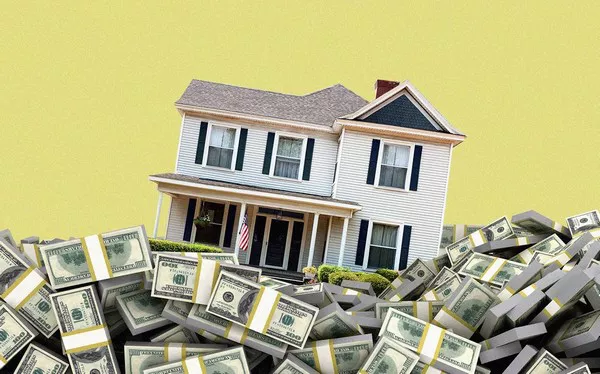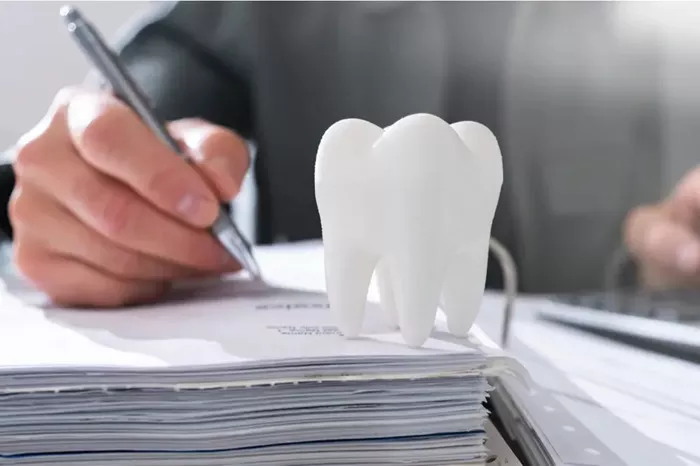In the realm of property ownership, there’s a specific niche of insurance tailored to safeguarding unoccupied properties. Unoccupied property insurance serves as a vital protection layer for properties left vacant for extended periods, offering coverage beyond what standard home insurance typically provides. In this comprehensive guide, we’ll delve into the intricacies of unoccupied property insurance, including its definition, importance, coverage details, cost factors, and more.
Definition of Unoccupied Property Insurance
Unoccupied property insurance is specifically designed to provide coverage for properties that are vacant for extended periods, typically exceeding the threshold defined by standard home insurance policies. While standard home insurance may offer coverage for occupied properties, it often excludes or limits coverage for unoccupied properties due to the increased risks associated with vacancy.
Importance of Coverage
The importance of unoccupied property insurance becomes evident when considering the heightened risks associated with vacant properties. Without adequate coverage, property owners may face significant financial losses due to vandalism, theft, or damage caused by unforeseen events. Having the right insurance in place ensures peace of mind and financial protection during periods of vacancy.
Coverage Details
Unoccupied property insurance typically covers a range of risks, including vandalism, theft, and certain types of weather-related damage. This comprehensive coverage extends beyond the scope of standard home insurance, addressing the unique risks faced by unoccupied properties.
Exclusions and Limitations
While unoccupied property insurance provides extensive coverage, it’s essential to be aware of common exclusions and limitations. Exclusions may include wear and tear, damage due to inadequate maintenance, or specific perils not covered by the policy. Understanding these limitations is crucial for ensuring adequate protection.
See Also: Do I Need Workers Compensation As A Sole Trader
Duration of Coverage
Properties are typically considered unoccupied after a certain duration, often exceeding 30 or 60 days of vacancy. Once a property meets this threshold, standard home insurance may no longer provide sufficient coverage, necessitating the need for unoccupied property insurance.
Cost Factors
Several factors can influence the cost of unoccupied property insurance, including the property’s location, size, condition, and perceived risks. Properties in high-crime areas or prone to natural disasters may incur higher premiums due to increased risk exposure.
How to Purchase
Obtaining unoccupied property insurance involves assessing the property’s risks and selecting the right policy to meet your needs. Working with an experienced insurance agent or broker can streamline the process, ensuring that you obtain adequate coverage tailored to your property’s unique circumstances.
Case Scenarios
Consider the following scenarios where unoccupied property insurance proves invaluable:
Extended Vacations: When homeowners embark on extended vacations, leaving their property unoccupied for an extended period, unoccupied property insurance provides essential coverage against potential risks.
Renovations: Properties undergoing renovations often sit vacant for an extended duration, exposing them to various risks. Unoccupied property insurance offers protection during the renovation process, safeguarding against unforeseen events.
Between Tenants: Rental properties may experience periods of vacancy between tenants. Unoccupied property insurance ensures continuous coverage during these transitional phases, mitigating financial risks for landlords.
Legal and Financial Implications
Failing to secure adequate insurance coverage for unoccupied properties can have significant legal and financial implications. Property owners may be held liable for damages or losses incurred during periods of vacancy, highlighting the importance of proactive risk management through proper insurance coverage.
Conclusion
Unoccupied property insurance serves as a crucial safeguard for properties left vacant for extended periods. By understanding its definition, importance, coverage details, cost factors, and legal implications, property owners can make informed decisions to protect their investments and mitigate risks effectively.
[inline_related_posts title=”You Might Be Interested In” title_align=”left” style=”list” number=”6″ align=”none” ids=”2272,2390,2268″ by=”categories” orderby=”rand” order=”DESC” hide_thumb=”no” thumb_right=”no” views=”no” date=”yes” grid_columns=”2″ post_type=”” tax=””]




















